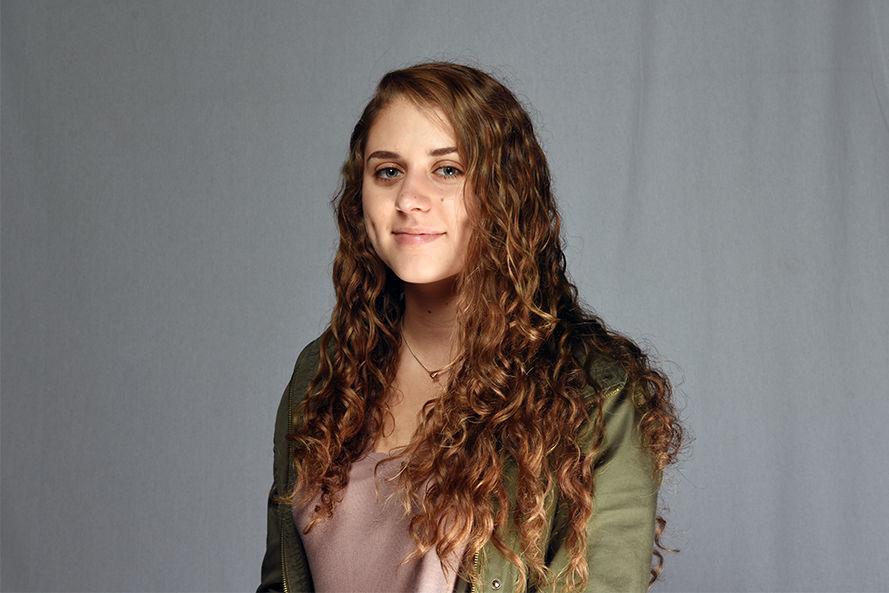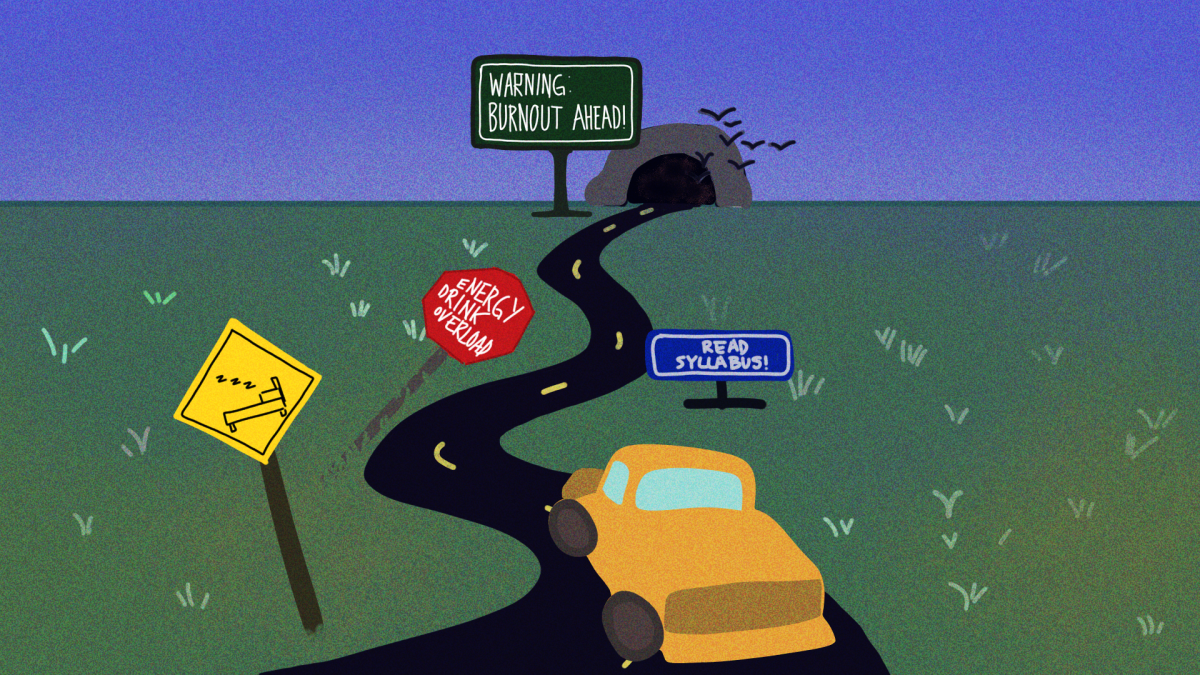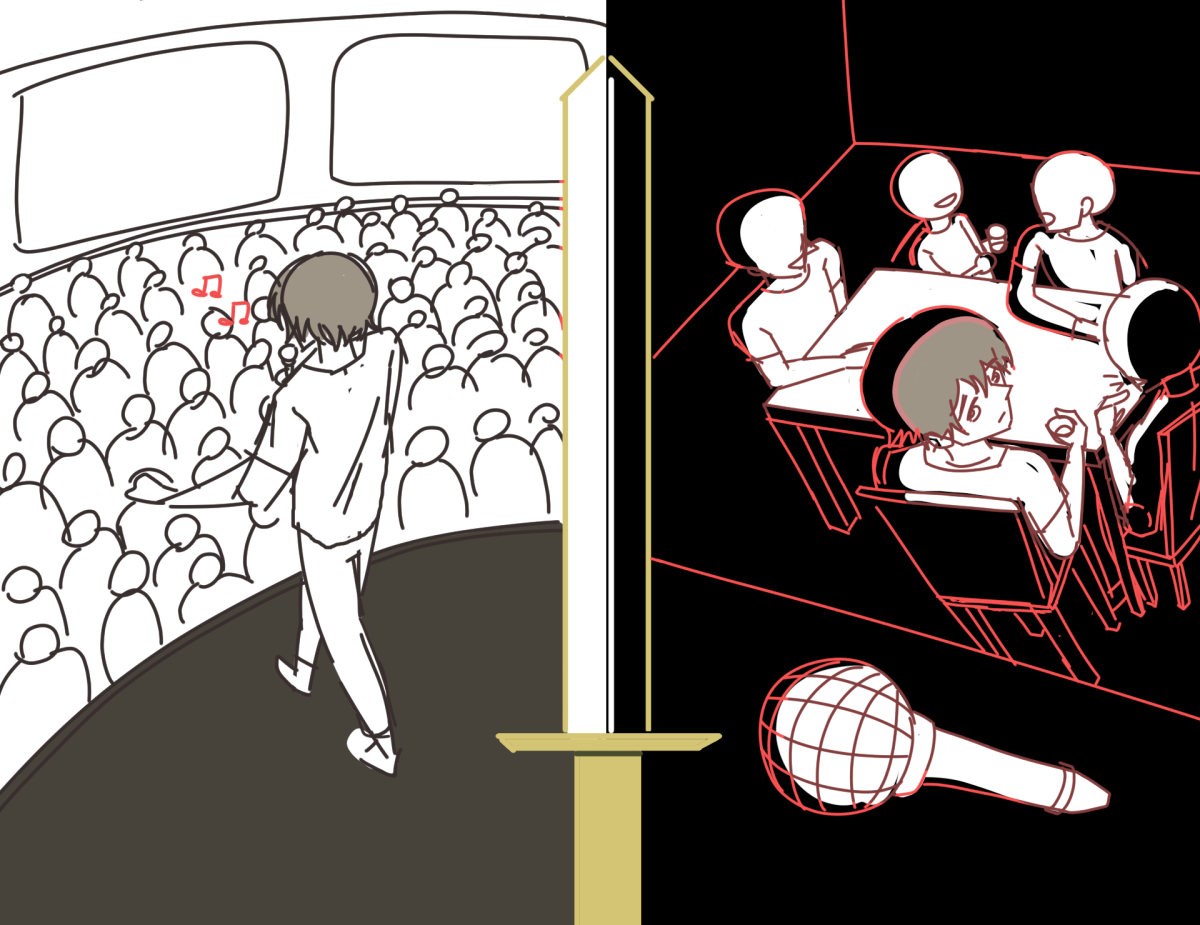“Is this about you?” my friend joked as we walked into the Talley Piedmont Ballroom. He was referring to the title of the event, “Woke Brown Girl,” that was displayed on a large screen at the front. I am a Hispanic female; my mother was born in Venezuela and my father was born in the U.S.
I have olive skin, and I still have the remnants of a tan that I got while in Spain this summer. My friend, Charlie, is white and male. As we settled in, we noticed that most everyone in the room was darker than us. On the stage, barefoot and sitting in a loveseat, sat the titular woke brown girl.
After an introduction, the woman in the loveseat, Prisca Dorcas Mojica Rodriguez, began to speak. Mojica Rodriguez had dark skin, black hair and visible tattoos on her neck and shoulders. Her first few sentences were apologizing for her possible mistakes while speaking because English is her second language.
At that point, Charlie and I looked at each other with a bit of confusion. She spoke perfect English, without much of an accent at all. She and I have this in common, as English is my second language too. I’ve been speaking it most of my life, but I’ve never felt the need to apologize for it. Within the first few minutes of her talk, I became perplexed as to what she was attempting to do.
Mojica Rodriguez was telling her story: she was born in a very poor part of Nicaragua and moved to the U.S. at a young age because her parents wanted a better life for her. But after spending the last 20 years of her life in this country, Mojica Rodriguez considered the United States to be “effed up and corrupt.”
She singled out certain people as privileged: whites, men, and people with money. Because they were privileged, they were her enemies. About halfway through her lecture, Charlie turned to me with an expression of discomfort and said, “This isn’t for me.” Not long after, he stood up and left the ballroom. I felt uncomfortable too.
I’m a white, Hispanic, middle-class female — does that make me “privileged,” or not? I wasn’t fitting into Mojica Rodriguez’s story. What was she trying to achieve with this tone? To help or hurt people? To unite or divide?
Another event on campus, An Evening with Martin & Langston, is an example of a more productive approach to this problem. In this performance, Felix Justice and Danny Glover, two well-known actors, interpreted a speech of Martin Luther King Jr. and the poetry of Langston Hughes. As I listened to Justice articulate the eloquent, hopeful and inspiring words of King and Glover chant the raw, humorous and penetrating poetry of Hughes, it stood in stark contrast to the way Mojica Rodriguez had approached the same issue a few days before.
One attempts to address inequality by calling on our better selves, the other by denigrating the outgroup. Mojica Rodriguez connected with plenty of people in her audience that night. I saw it in their faces. But by excluding those she defines as privileged, she shuts off the very people who are the other half of the solution. If she really wants to wake people up, she ought to take a look at what King and Hughes said.








